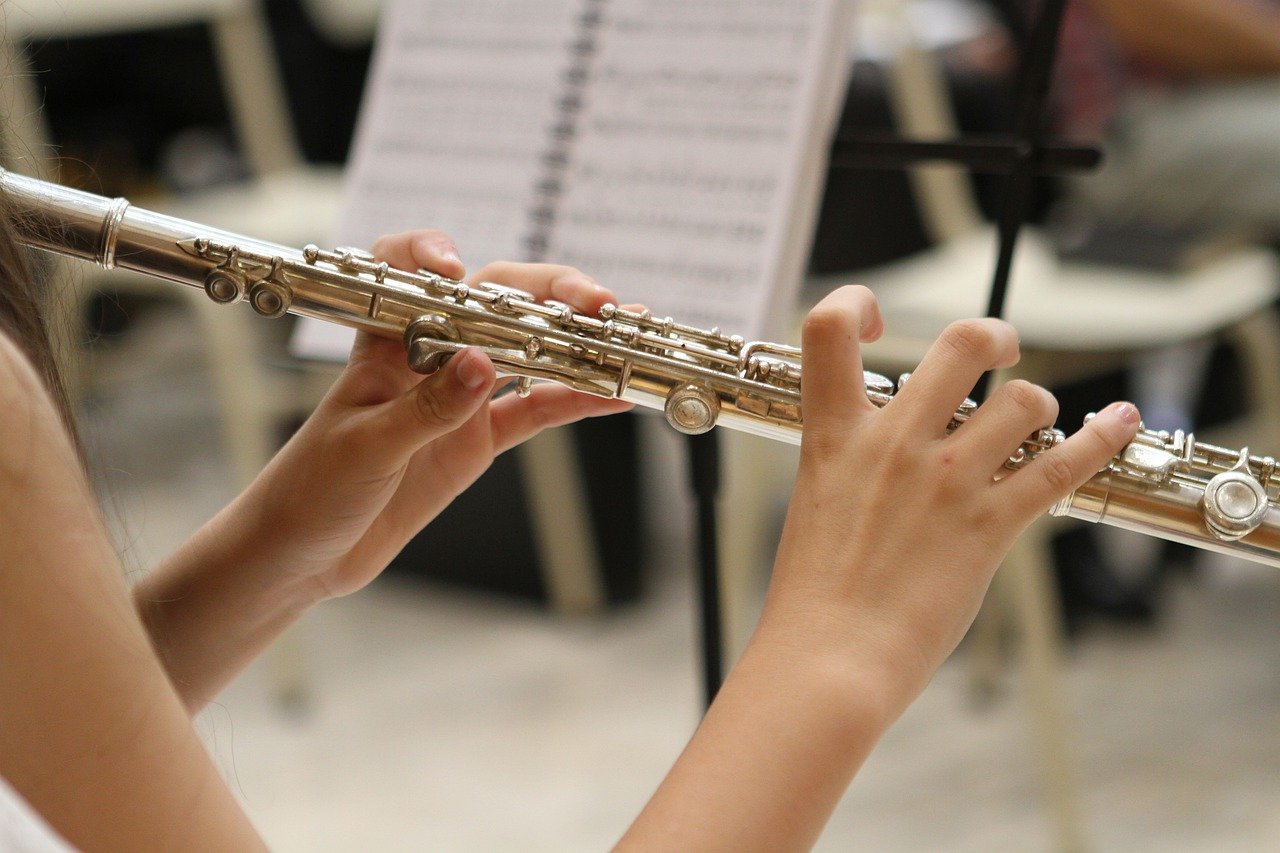Flute Lessons for Beginners

The flute is a popular musical instrument that has a beautiful soft tone. Playing it is similar to blowing across the bottle top. Once you learn to make that sound, start using the keys to change the musical notes. The instrument is not hard to play like an expert flutist, but like all other musical instruments, it requires a considerable amount of practice.
Want to Learn Flute? Review the Best Guide for Beginners
A flute produces a soft musical sound that touches every soul. Taking flute lessons is indeed a rewarding experience, though the learning process can be challenging at the initial stage, especially. However, the problematic scene emerges when you fail to find a professional flute program that fits your level. Therefore, it is essential to get professional flute lessons in Mississauga where you can get well-trained instructors and the right training.
Is there any specific age for getting flute lessons?
The flute is an adaptable musical instrument that appears easy to master, but it takes complete dedication, hard work, and efforts to be a successful flutist. Handling the device requires having long arms that could reach the flute holes. It will help if you are powerful to maintain the stick to one side while playing. Learning flute has no age restrictions, but the usual age for starting flute lessons is ten years.
This tool is easy to carry wherever you travel. A flute is assembled with three parts, and this makes it easy to pack in a small case. Many schools offer flute lessons as part of their school program. Professional flute lessons Mississauga can help you grasp the best techniques for improvising your flute skills. Take advantage of professional institutions to get the best opportunities for performance. A professional instructor can help you achieve your goals for entirely learning to play the flute or any other woodwind instrument.
Follow these tips to master the skills of a flute player.
Tip #1: Focus on the head joint initially
A flute includes three pieces, head joint, middle joint, and foot joint. At the initial stage of flute lessons, you should focus only on the head joint since it is the critical source of the sound. There are two motives to do this-
- Firstly, when you are learning to hold and balance the instrument, your arms can quickly get tired. Eventually, it can make your body more stiff, especially your hands, arms, and neck. This can further make it difficult for you to produce the sound for the flute.
- Secondly, you will be unable to concentrate on your mouth movements and hand joint angles if you get busy keeping the balance of the instrument.
Tip #2: Schedule short suitable practice sessions
Blowing a lot of air in a short space of time in the initial stage of flute lessons can slowly make you lightheaded. Indeed, this will soon disappear once you learn the right way to blow the air. This is why it is advisable to schedule short practice sessions. When you feel lightheaded, stop playing the flute and take normal breathing for some time.
Tip #3: With patience and practice nothing is impossible
Music lessons are not easy to master. It requires dedication, patience, and practice. However, it may take you a few hours to make a sound or may even need a few days, weeks, or a month for developing the right position to be able to make a consistent sound. So, rather than losing hope, take some more time, keep patience, and do enough practice. Give yourself some time to be more friendly with the instrument.
Tip #4: A trained teacher is the best resource to learn any music instrument
Teachers play an essential role in making students learn any particular subject. The same theory goes with getting flute lessons. No matter how robust the tool is for you to learn, a well-trained flute teacher can help you determine the right procedure and develop the interest in you. Look for an efficient flutist or a reputable music school where you can get an excellent instructor. They will help you understand the lessons more efficiently and quickly.
Tip #5: Imitate your instructor
While practicing alone, play the instrument in front of a mirror. This will help you identify how your body is responding to the sound of the flute. Observe your instructor during the regular practice sessions. And when you are at home, use a mirror when practicing and try to imitate the instructor.
More about flute lessons
For people who are interested in taking beginners flute lessons, it is good to understand some essential facts about learning the instrument. Well, a flute is one of the most prominent musical instruments, which could be one of the most significant starting points for any music learner.
Instruments like E flat, concert or C flute, piccolo, and bass flute are members of the flute family. Out of these, the concert flute is generally used for the beginners. To play the flute, you need to be sizable enough to be able to reach the keys without stretching their hands or neck. However, there are curved head flute available in the music industry to help smaller hands play the instrument with no hitch. Professional flute lessons near me typically recommends a ‘curved head joint’ for smaller hands and further help them switch on to the straight head joint sooner or later as they progress. As your musical ability expands, your flute instructor may recommend you to hold an alto or bass flute.









